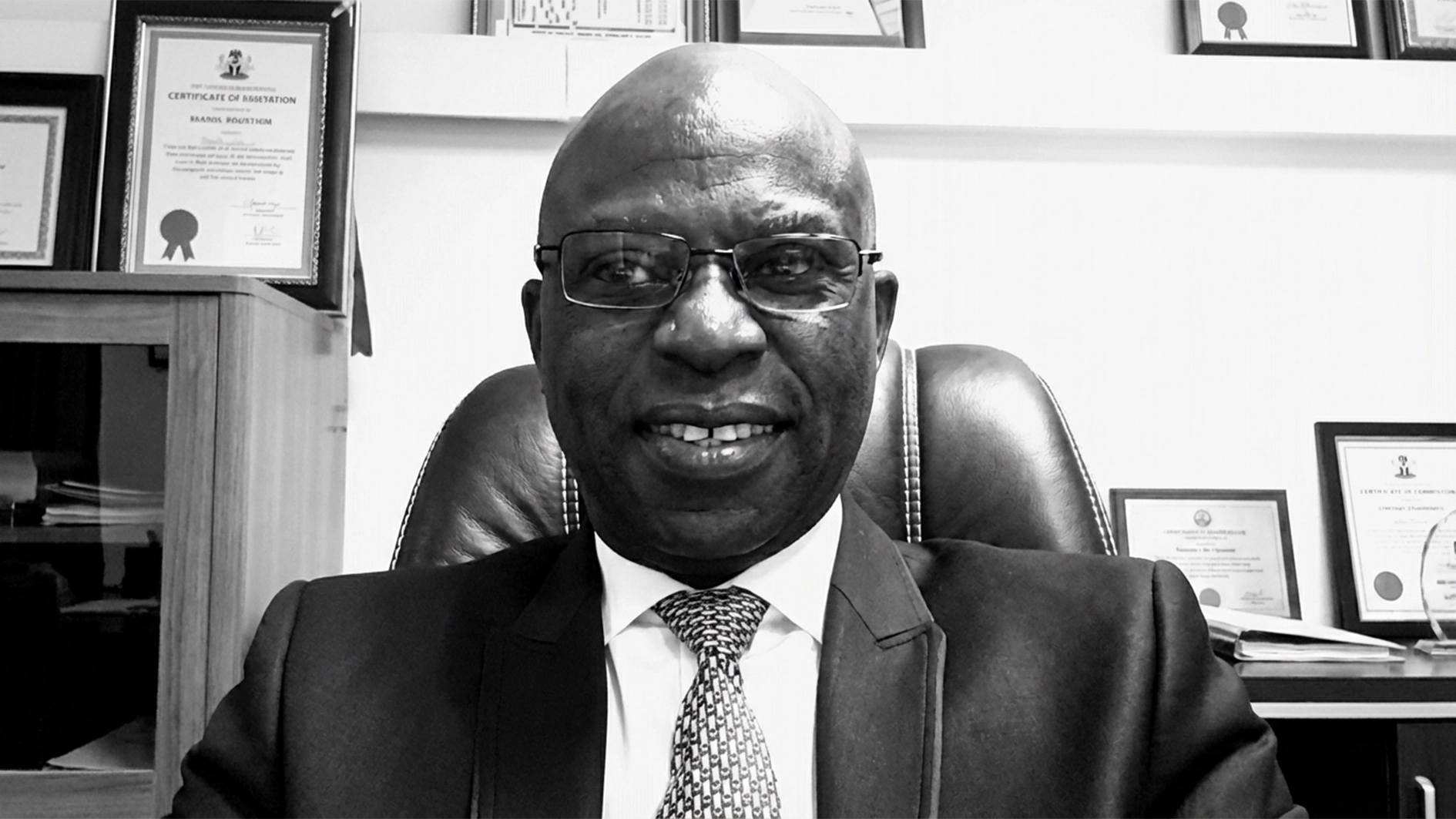Sheri Kyari, is a proven aviation industry professional, having worked as an aircraft maintenance engineer for almost five decades. In this interview with OLUSEGUN KOIKI, he speaks on the planned demolition of the Murtala Muhammed International Airport (MMIA) Terminal One, Lagos, and the Federal Government’s Bilateral Air Service Agreement (BASA) arrangement with Brazil, among others.
The Federal Government, a few weeks ago, unveiled plans to demolish the existing MMIA1 for total reconstruction. What is your view on this?
If the Federal Government is thinking of expanding the MMIA1, I think it is a good idea. But if it is about bringing the entire terminal down and constructing another one, then we are going to cause a big chaos. I do not know how we are going to handle airplanes and passenger facilitation at the recently constructed Murtala Muhammed International Airport Terminal Two (MMIA2).
Looking at the size of that terminal, I do not know how it will cope with the traffic. But if it is about refurbishing it without bringing it down, there is no problem because it can be done systematically, maybe starting with the E-Wing, and then you move to the D-Wing. With that, it will still be available to a large extent for passenger use.
However, if it is a total collapse of that terminal to construct a new one, the government should do a lot of analysis in terms of how they are going to facilitate passenger movement and aeroplanes that will come there. That can lead to maybe what we call the slot system at the airport.
They have to plan that; they must create slots so that the little area that is available, airlines can plan with their slots. Bringing that terminal down is fearful. It is scary as far as I am concerned.
The government has also budgeted the sum of N712 billion for the reconstruction of the airport. Do you think the amount is adequate for the quantum of jobs to be done?
If the government is bringing the entire terminal down, even the cost of bringing it down will be in billions of naira. The amount of money budgeted for the project is too meagre when you consider the impact of inflation on project delivery. But if they are just going to reconstruct the terminal in such a way that it can increase efficiency, I think the budgeted money would be enough.
A few weeks ago, the Federal Government signed a Bilateral Air Service Agreement (BASA) arrangement with Brazil, while Air Peace has also indicated its readiness to commence direct flight services between the two countries before the end of the year. Do you think the route is commercially viable?
Well, route development takes time. Some routes were flown for more than one year before they peaked with passengers. Also, if the government has entered into a Bilateral Air Service Agreement (BASA) arrangement with Brazil, there must be trade agreements. Our businessmen can go there to buy things. And then we can send, perhaps, raw materials there; we can even send finished goods from Nigeria. It is when you look at the commercial activities of both countries that you can properly evaluate the viability. You can then think of stimulating the growth of traffic.
There will be some observations in terms of Brazil being a drug country. However, this will be left for our security agencies to handle. They will need to step up their game to apprehend anybody who attempts to bring in drugs here from the country.
Brazil is a huge country in terms of land mass. It is left for our commercial industry to look at what is being produced in Brazil. If you are talking about passenger load, like I said earlier, an airline can take more than one year to develop a route.
Also, if there are no other airlines in Africa flying to Brazil, it will still be to our advantage. If Air Peace is flying around African countries, the passengers can use Nigeria as a transit. Definitely, if it is consistent for the next year, I think we should be able to see some load factor. I am sure the traffic will grow over time.
Between a flag carrier and a national carrier, which should Nigeria adopt?
If you look at the African trend, countries, irrespective of their size, are creating carriers. We are not saying that the government should participate, but having a national carrier gives the industry a kind of protection internationally. Today, we know that British Airways is not owned by the British Government. The government franchises the name, while a group of people pick the name, and they are using it. So, a national carrier is important.
The government can identify with a national carrier. I don’t see anything wrong if the Federal Government today franchises the name and then probably takes a maximum of five per cent shares and allows individuals and institutions to invest in the airline.






